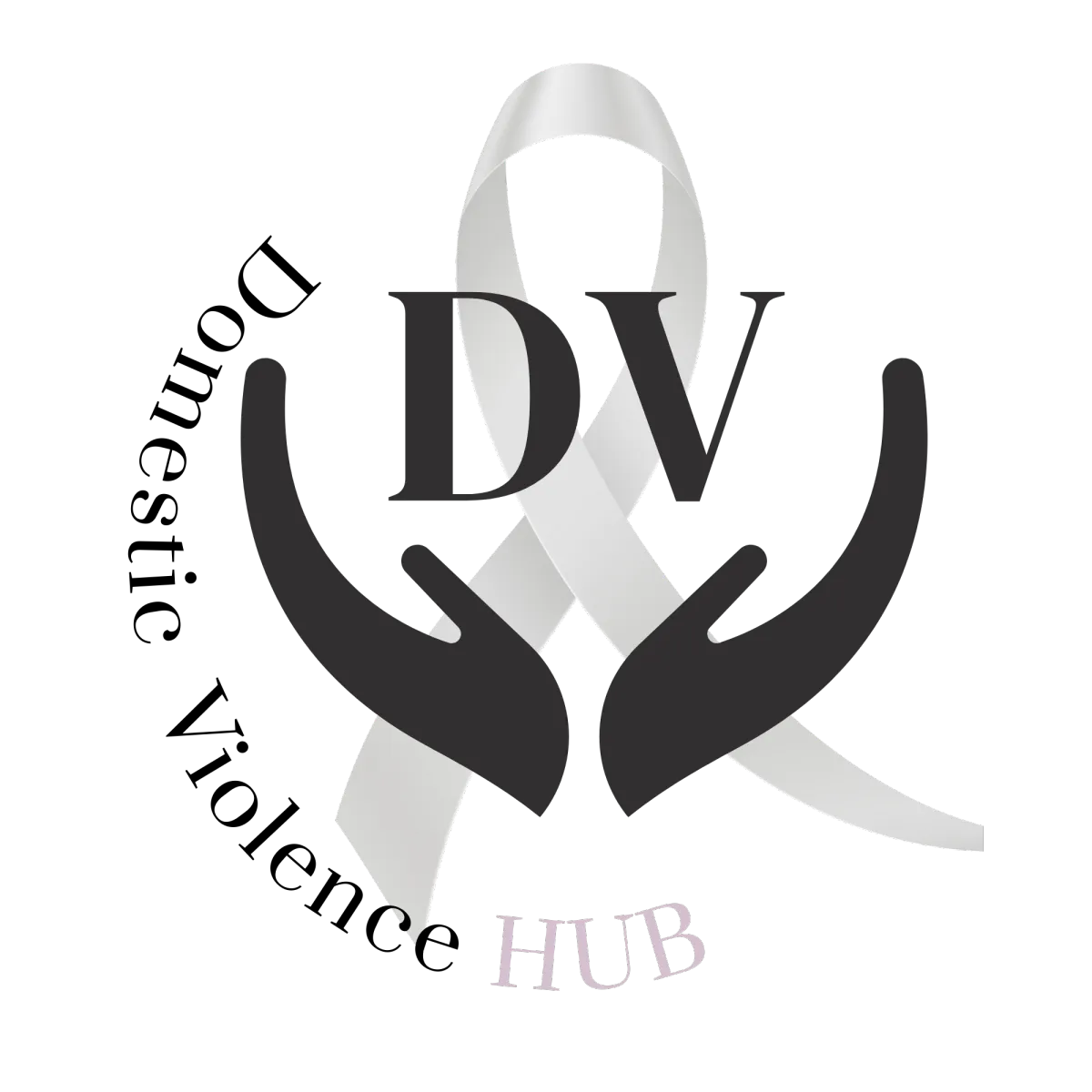General Legal Wellness - Family, Wills, DV
Welcome to the
Women’s Wellness Hub
Title here
The standard Lorem Ipsum passage, used since the 1500s
"Lorem ipsum dolor sit amet, consectetur adipiscing elit, sed do eiusmod tempor incididunt ut labore et dolore magna aliqua. Ut enim ad minim veniam, quis nostrud exercitation ullamco laboris nisi ut aliquip ex ea commodo consequat. Duis aute irure dolor in reprehenderit in voluptate velit esse cillum dolore eu fugiat nulla pariatur. Excepteur sint occaecat cupidatat non proident, sunt in culpa qui officia deserunt mollit anim id est laborum."
Section 1.10.32 of "de Finibus Bonorum et Malorum", written by Cicero in 45 BC
"Sed ut perspiciatis unde omnis iste natus error sit voluptatem accusantium doloremque laudantium, totam rem aperiam, eaque ipsa quae ab illo inventore veritatis et quasi architecto beatae vitae dicta sunt explicabo. Nemo enim ipsam voluptatem quia voluptas sit aspernatur aut odit aut fugit, sed quia consequuntur magni dolores eos qui ratione voluptatem sequi nesciunt. Neque porro quisquam est, qui dolorem ipsum quia dolor sit amet, consectetur, adipisci velit, sed quia non numquam eius modi tempora incidunt ut labore et dolore magnam aliquam quaerat voluptatem. Ut enim ad minima veniam, quis nostrum exercitationem ullam corporis suscipit laboriosam, nisi ut aliquid ex ea commodi consequatur? Quis autem vel eum iure reprehenderit qui in ea voluptate velit esse quam nihil molestiae consequatur, vel illum qui dolorem eum fugiat quo voluptas nulla pariatur?"
1914 translation by H. Rackham
"But I must explain to you how all this mistaken idea of denouncing pleasure and praising pain was born and I will give you a complete account of the system, and expound the actual teachings of the great explorer of the truth, the master-builder of human happiness. No one rejects, dislikes, or avoids pleasure itself, because it is pleasure, but because those who do not know how to pursue pleasure rationally encounter consequences that are extremely painful. Nor again is there anyone who loves or pursues or desires to obtain pain of itself, because it is pain, but because occasionally circumstances occur in which toil and pain can procure him some great pleasure. To take a trivial example, which of us ever undertakes laborious physical exercise, except to obtain some advantage from it? But who has any right to find fault with a man who chooses to enjoy a pleasure that has no annoying consequences, or one who avoids a pain that produces no resultant pleasure?"
Women's Wellness Hub Directory
Physical and Emotional Health & Wellness
Social Wellness
Financial, Legal and Safety wellness
Women's Wellness Blog

Time to disconnect from work?
IS IT TIME TO DISCONNECT FROM WORK........?
The right-to-disconnect legislation has made strides in promoting work-life balance and setting clearer boundaries, which is a positive move toward healthier workplace cultures. However, it also brings new psychological challenges. For some, disconnecting from work can lead to feelings of isolation, anxiety about falling behind, or uncertainty about how to spend the time once dedicated to work. This raises important questions about how we manage our time and mental well-being outside of work.
It’s completely normal to feel uneasy about change. Adjusting to new routines, even when they’re positive, can feel uncomfortable. It’s a natural part of adapting to something unfamiliar.
If you're struggling to 'switch off' after work, try these tips to create a healthier balance between work and personal time:
1. Set Clear Boundaries: Create a routine that physically and mentally separates work from personal time. Set a specific time to log off and stick to it.
2. Create a Post-Work Ritual: Develop habits that signal the end of the workday, like going for a walk, doing a hobby, or engaging in relaxation techniques. This can help your brain transition away from "work mode."
3. Manage Notifications: Disable work-related notifications after hours to reduce the temptation to check emails or messages. Set boundaries with colleagues to establish times when you're unavailable.
4. Practice Mindfulness: Engage in mindfulness or relaxation exercises to focus on the present moment and reduce lingering work stress. Apps like Headspace or Calm can be helpful.
5. Prioritize Self-Care: Take time for activities that recharge you, whether exercising, hobbies, or spending time with loved ones. Ensure your downtime is restorative.
6. Reflect and Plan: At the end of each day, reflect on your accomplishments and plan for the next day. This can help you mentally close out your work and feel more organized for tomorrow.
7. Seek Support: If you find it difficult to switch off, consider talking to a coach or counsellor to explore why work is bleeding into your time and how to manage it better.
Making these practices a routine can reduce burnout and help you maintain a healthy work-life balance.
#RightToDisconnect #WorkLifeBalance #MentalHealth #EmployeeWellbeing #PsychosocialSafety Sent from my iPhone
This site is brought to you by Family Counselling Support Network
Book in directly with one of our professionals today

We are here to help

We are committed to protecting your personal information and respecting your privacy. This website uses cookies to analyze website traffic and optimise your website experience. By accepting our use of cookies, your data will be aggregated with all other user data.
DISCLAIMER: The material contained on this website is for general educational and information purposes only and is not a substitute for professional legal, financial, medical or psychological advice or care. While every care has been taken in the information provided, no legal responsibility or liability is accepted, warranted or implied by the authors or Family Counselling Support Network and any liability is hereby expressly disclaimed. For specific advice please contact us at [email protected]. All information contained on the website remains the intellectual property of Family Counselling Support Network and is for your personal educational use only. The information must not be reproduced or distributed without the express permission of Family Counselling Support Network.
Family Counselling Support Network acknowledges and respects the First Nations Custodians of the land where our offices stand, and where we work to help Australians. We pay respects to their Elders, past present and emerging, lore, customs and creation spirits. We recognise that these lands have always been places of ceremony, teaching, research and learning, and we acknowledge the important role Aboriginal and Torres Strait Islander peoples play in our community.
We are committed to providing an inclusive and accessible environment where people and communities of all identities and backgrounds are accepted, safe and celebrated.
Privacy Policy | Terms and Conditions





















